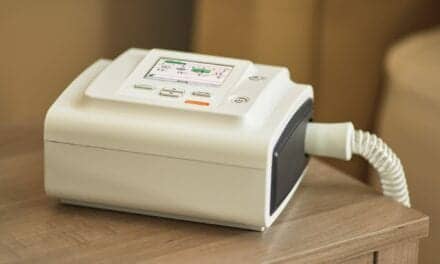Hydrocortisone is no more effective than placebo at preventing bronchopulmonary dysplasia, damage that can result from oxygen and ventilator therapy necessary to keep preterm infants alive, according to research published in the New England Journal of Medicine.
In recent years, hydrocortisone was considered as a replacement for the widely used drug dexamethasone in the prevention of bronchopulmonary dysplasia. Both drugs inhibit the inflammation thought to contribute to BPD, but animal studies suggested that hydrocortisone would have fewer effects on the developing brain. Infants born preterm have higher rates of death and disability.
The study enrolled 800 infants born before the 30th week of pregnancy who had been on a ventilator for at least seven days. From 14 days to 28 days, in addition to receiving standard care and ventilator therapy, infants were randomly assigned to receive either hydrocortisone or a placebo.
Of the hydrocortisone-treated infants, 16.6% survived to 36 weeks without moderate or severe bronchopulmonary dysplasia, which did not differ significantly from 13.2% in the placebo group. The rate of neurodevelopmental impairment did not differ significantly between the groups (36.9% vs. 37.3%). The hydrocortisone group was more likely to need drug treatment for hypertension than the placebo group (4.3% vs. 1.0%).
Kristi L. Watterberg, MD, of the University of New Mexico Health Sciences Center in Albuquerque, led the research team. The study was funded by NIH’s Eunice Kennedy Shriver National Institute of Child Health and Human Development (NICHD) and National Center for Advancing Translational Sciences.










